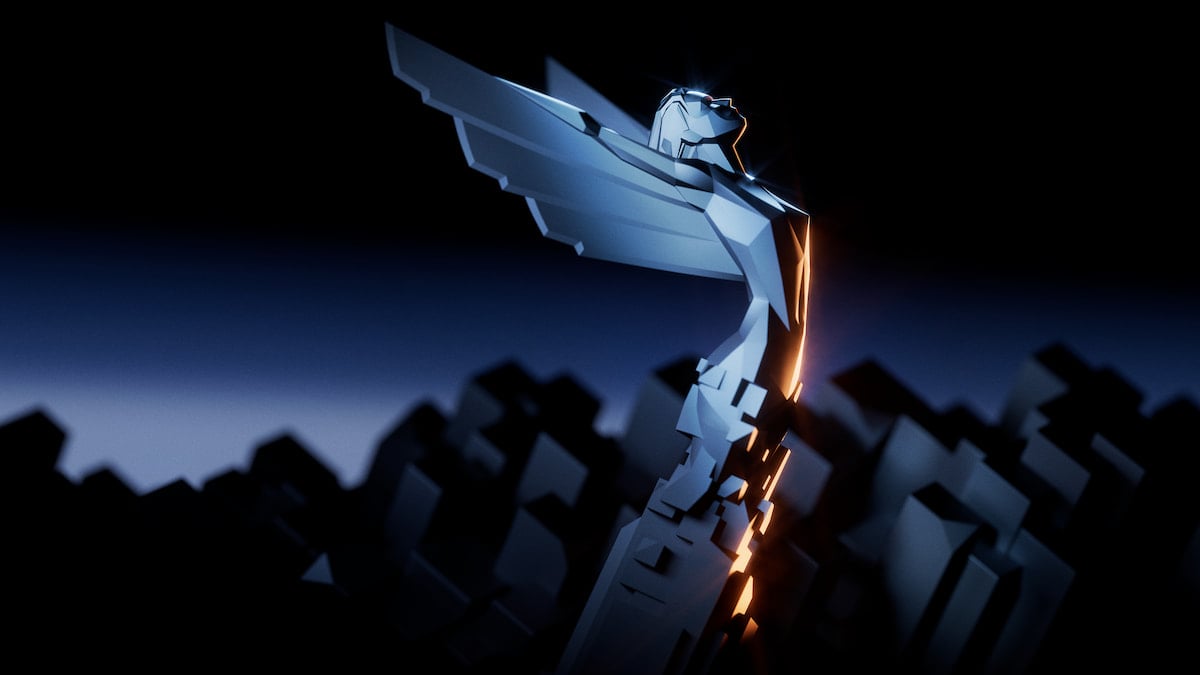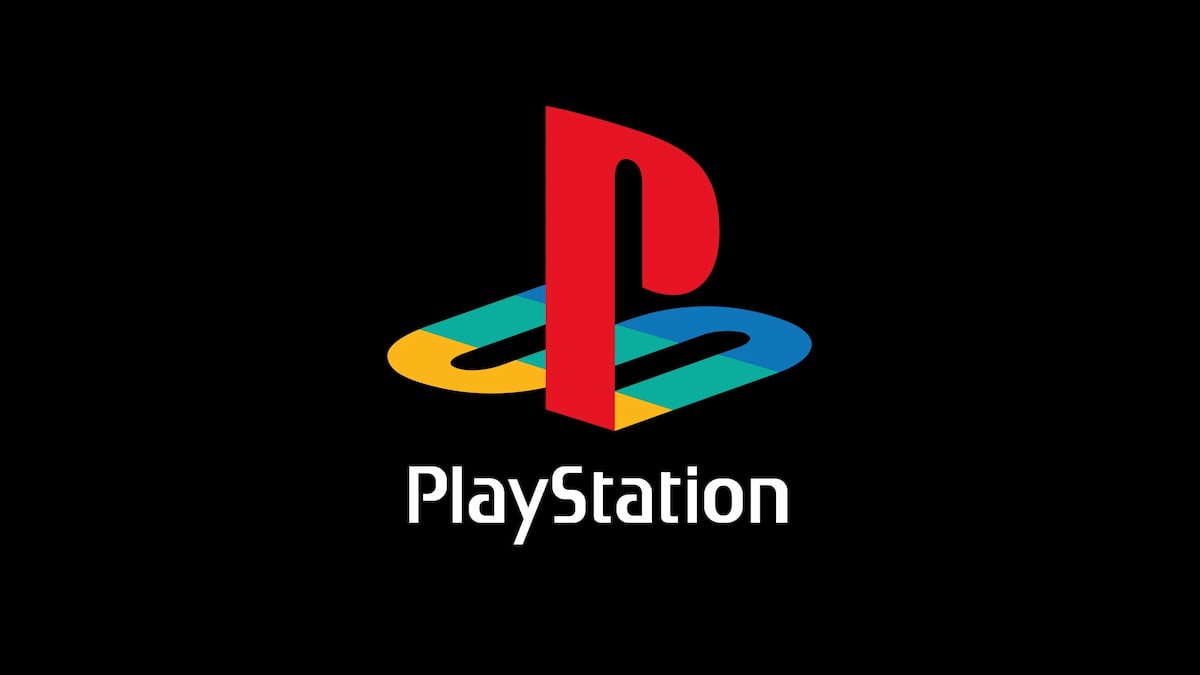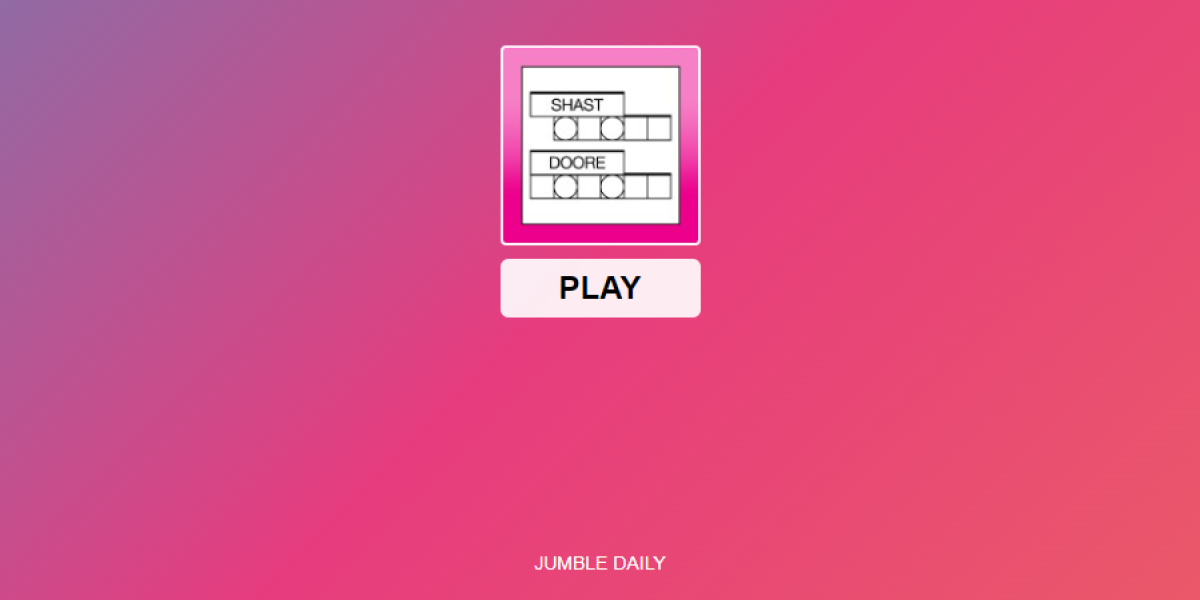Dota 2 has come to X Games, bringing with it some of the biggest personalities in the game.
Among them is veteran player Jimmy “DeMoN” Ho, formerly of such teams as Evil Geniuses and Team Liquid. Ho, now representing Summer’s Rift, is trying to pick up the pieces after an ill-timed roster change saw his team lose its invitation to a qualifier for The International. He took the time to speak to the Daily Dot at X Games about the state of the game and where his team will go from here.
How does it feel to be playing Dota 2 at X Games?
This event just feels like a normal Dota 2 event for the most part. The players are focused on our own event, our game, rather than the general exposure at a major event like this with all these athletes from around the world. For them, they’re just trying to win their own sporting event, and likewise we’re doing the same.
Is it at all different here compared to when you’re at a dedicated Dota 2 tournament?
It’s definitely cool to be a part of an ESPN event, being accepted by X Games and ESPN as a whole. It makes us that much more mainstream. Gaming is just evolving to a whole new level, and sooner or later it’s going to find more acceptance throughout society.
Do you think it’s important, having Dota 2 and other games represented at events like this?
It’s important to a degree. I’m just doing my thing here. But at the same time, the games becoming more mainstream is beneficial because it helps to attract more fans, which generates more revenue and increases the prizes as mainstream sponsors come in and see the potential.
The more exposure we get, the more money will be involved and the bigger the competitions will be.
Did you ever think, when you first started playing DotA, that you would end up at an event like this, run by ESPN?
What started off as a hobby has developed into a career. No one saw this coming. I think it involved a lot of luck. Just seeing where Dota 2 has progressed to—before, there was no way you could make a stable career out of playing DotA unless you were living in China.
Once Dota 2 came out and exploded, people [outside China] could really begin to make a living off of it. And there will be more such people as the years go on, now that we have the majors Valve has announced.
Speaking of that, what do you think of Valve taking control of those majors, rather than allowing them to be run by existing tournament organizers?
It’s much safer for Valve to run the events as a whole, so we always know where it’s going. Other [organizers] can’t screw it up this way. But no one really knows what’s going to happen because Valve hasn’t given any detailed information on the majors.
So you think Valve’s going to do a good job with the majors?
Everything that Valve says and does, we trust their opinions. And everything they’ve been doing seems to be working, despite what members of the community sometimes say.
Plus, when Valve does do something wrong and the community really speaks out, [Valve] will change it.
On the subject of changes, Valve recently released a big patch that seems meant to change how the game is played. What are your thoughts on it thus far?
I like where the game is going now. There’s much more versatility in drafts and playstyles. But people are starting to figure out the priority picks. There’s a few heroes out there that are becoming really big while people figure out the meta. Leshrac is an example of one that seems really powerful.
What do you think of the idea of Valve trying to shorten individual games of Dota 2?
For viewers and for professional players, a faster-paced game is just—it depends. The pro players don’t care too much, but the audience, especially if they’re relatively new, shorter games are easier for them to follow instead of having 80- or 90-minute games. So it’s generally better to have shorter games, but for the pro players it doesn’t matter.
I actually enjoy the longer games because of the intensity. Every little thing is so crucial and every decision you or your teammates make matters. One thing can change the game completely.
Valve rescinded the invitation they gave to your team, Summer’s Rift, to participate in the North American qualifier for The International after you made a prohibited roster change. Can you give us your take on how that happened?
Initially it came down to a divide between [Summer’s Rift] and [former teammate] James “MiracleChipmunk” Poguiretchik. We had a whole different mindset and mentality in our approach to the game, so we looked at replacing him with Michael “ixmike” Ghannam, who had himself been invited to play in the qualifier with another team. We talked to Valve and they said no, and that we’d now have to play in the open qualifier instead, and not with Ghannam or any other player that had been invited while playing for another team.
After we kicked Poguiretchik off the team and then asked him to come back, he said no. One day later he agreed to come back, and one day after that he said “Fuck you guys” and called us “snakes.” So we were left desperately looking for another player. We found one but had very little time to practice, in spite of our needing to change a lot, from individual roles to our team’s playstyle.
How do you feel about Valve’s requirements for roster stability, having now firsthand experience with it?
It’s tough on the teams, but at the end of the day the teams will be made much more stable for it—at least, if you perform well. Valve is trying to work with the teams to actually stay together and work through their conflicts. The majors are supposed to help with that stability.
It’s difficult because in Dota 2 change always happens. In every other sport, there’s always a shuffle after the big championship. Maybe with the majors, things will become more stable and those changes will just happen once a year.
Is it tough to maintain motivation when you know you’ll be missing out on The International?
When I missed the third International I told myself that I would never miss it again.
We missed it, it was very unfortunate and very emotional for us. From there, we can either sit around and mope, or move on and look to the future. There’s a lot more events to attend, and dwelling on one loss isn’t beneficial at all. We had a big talk as a team and moved forward together.






Published: Jun 6, 2015 10:31 am